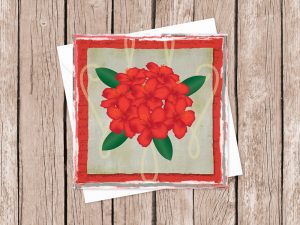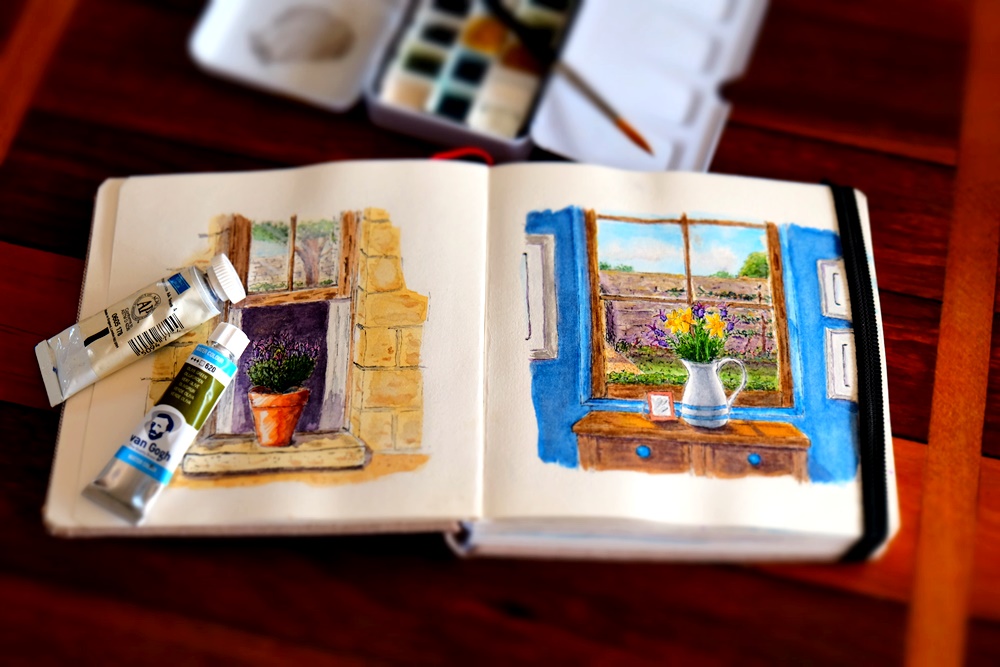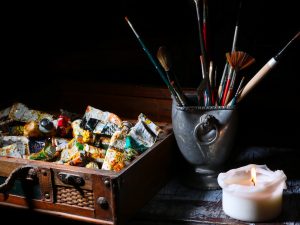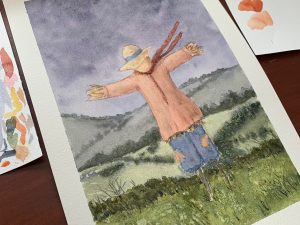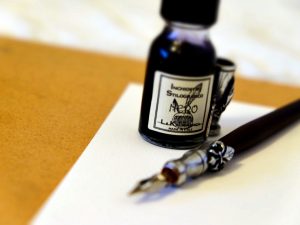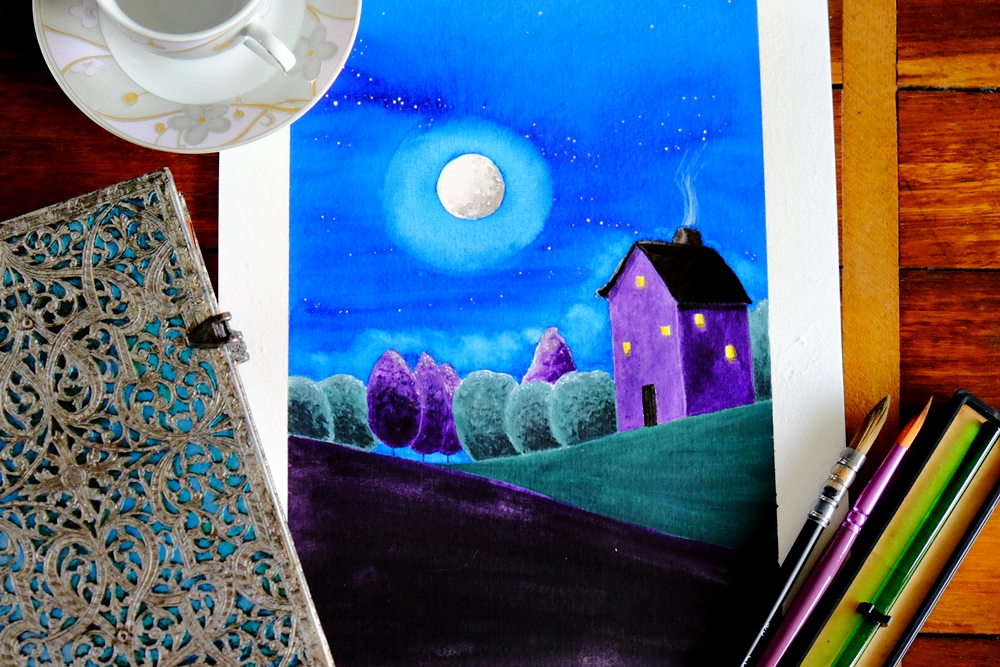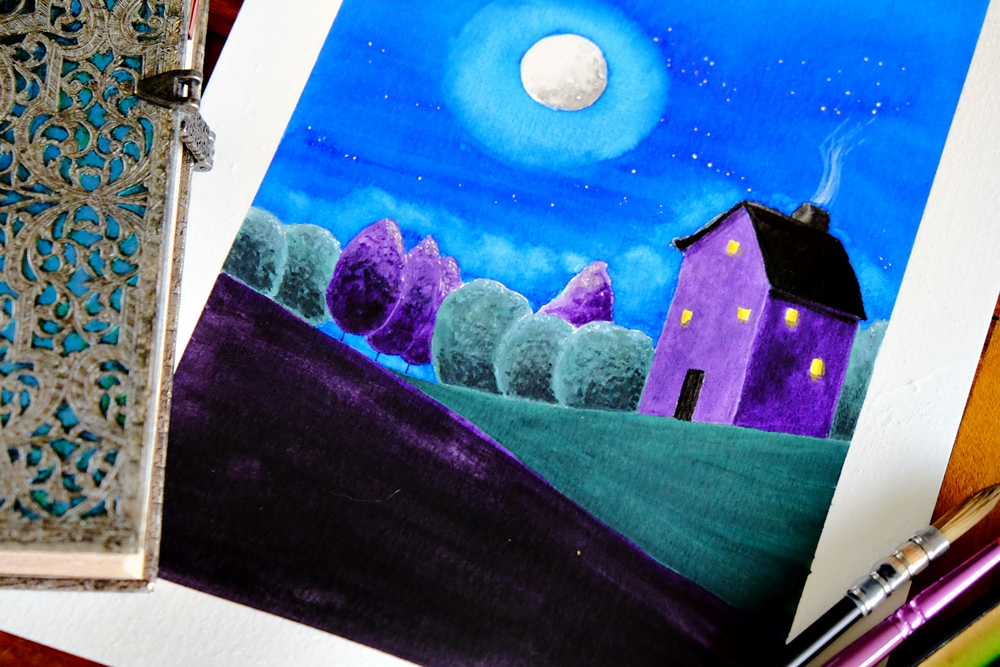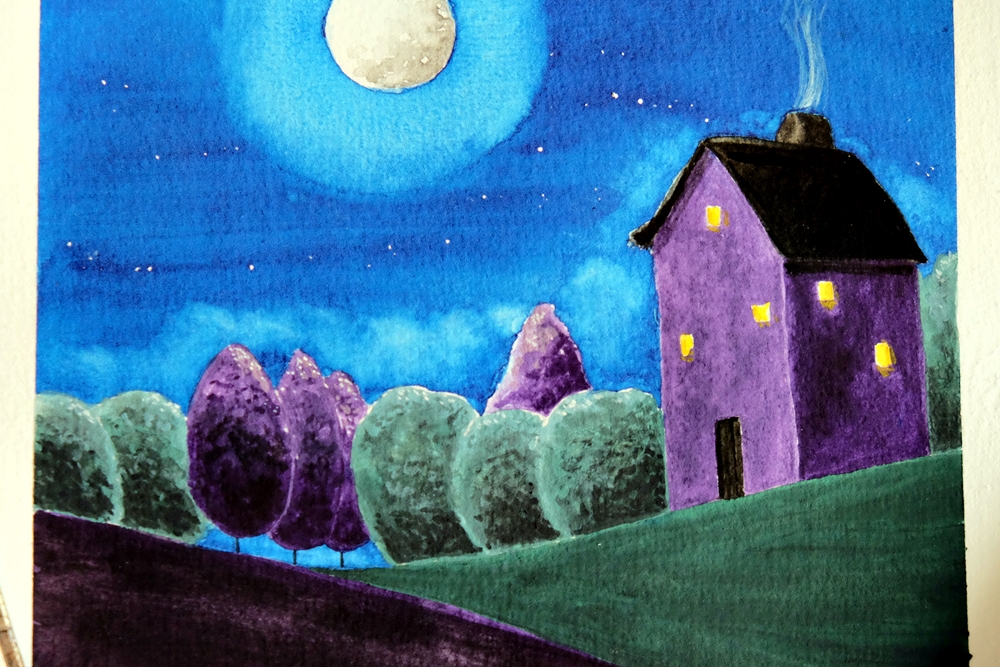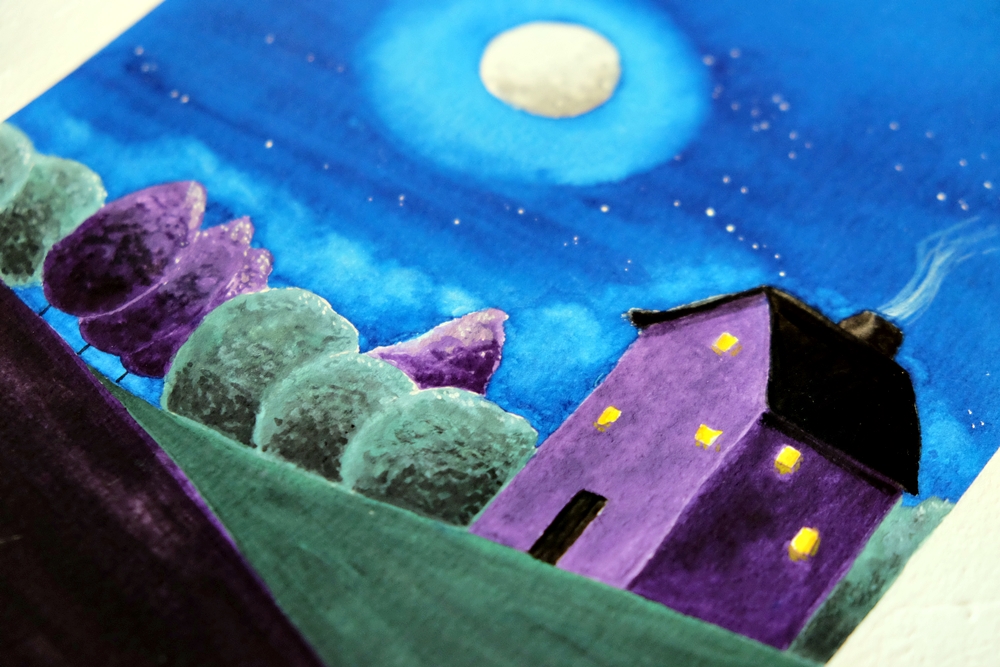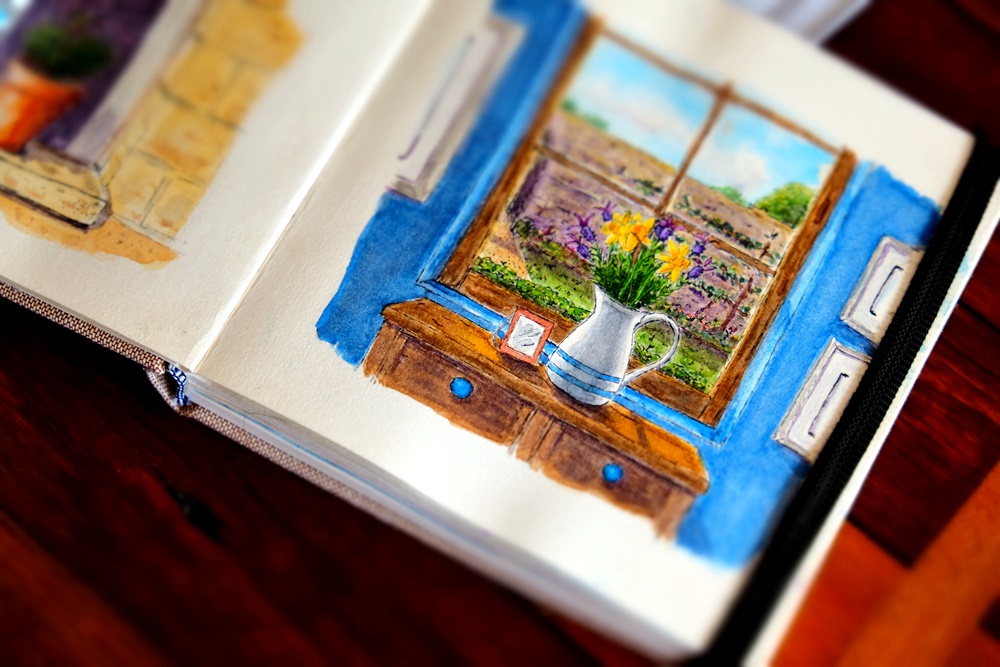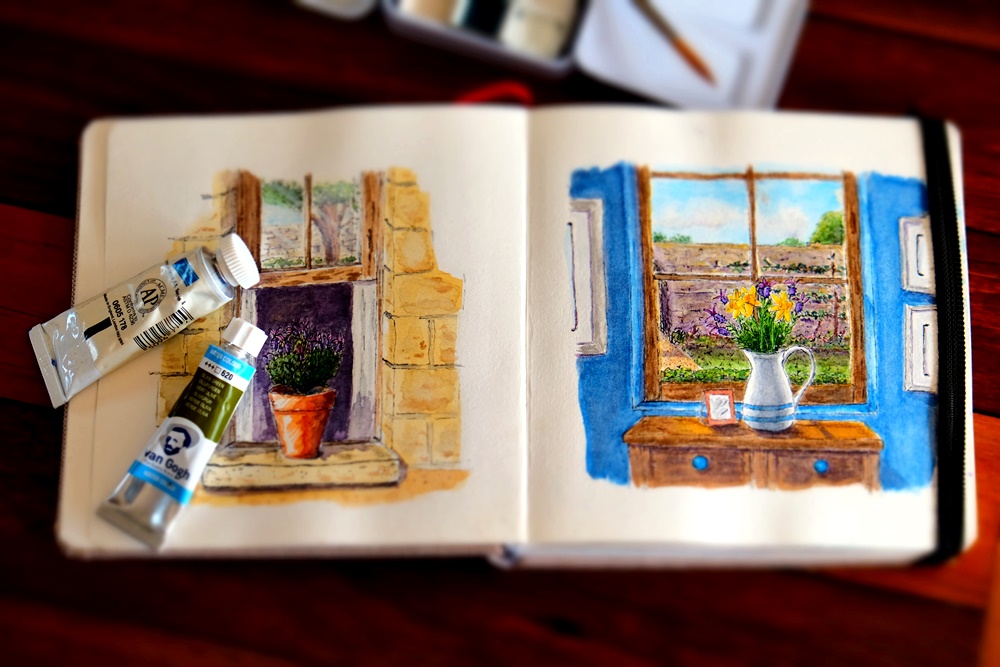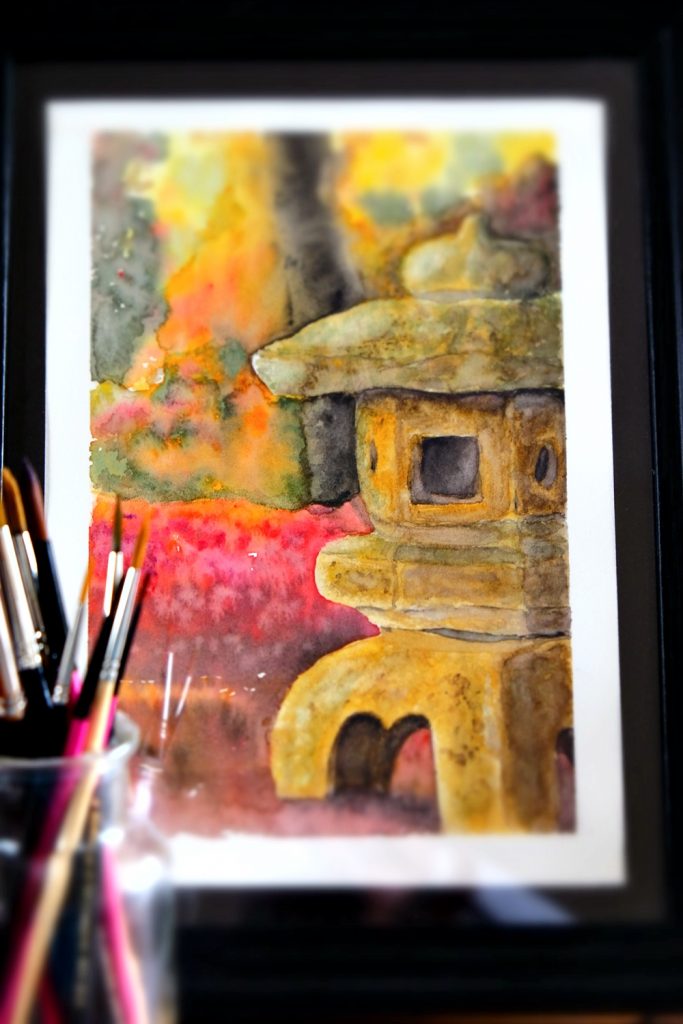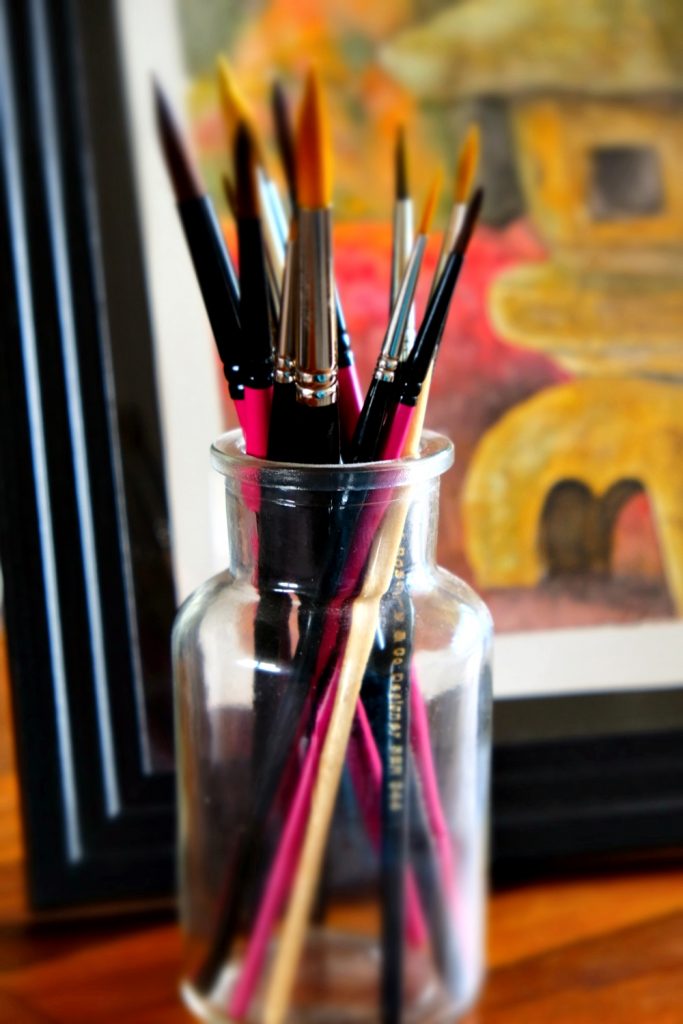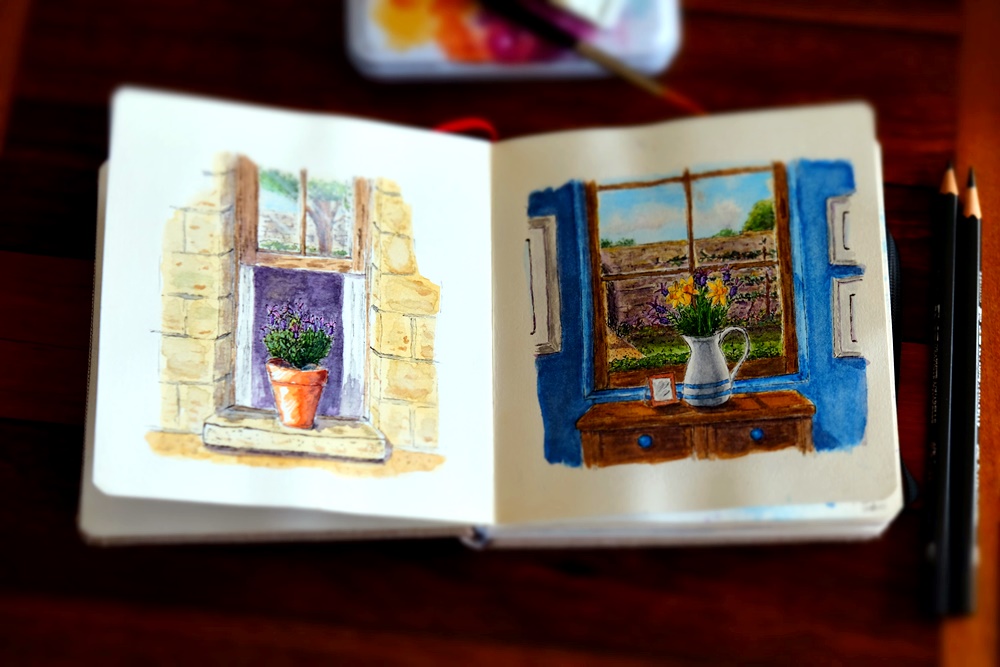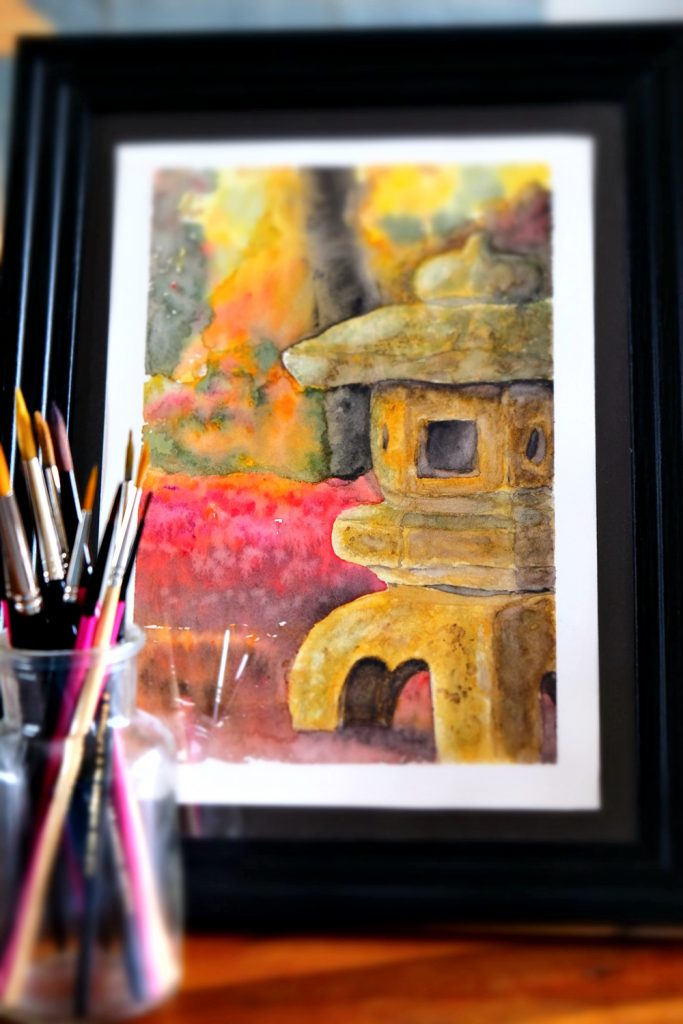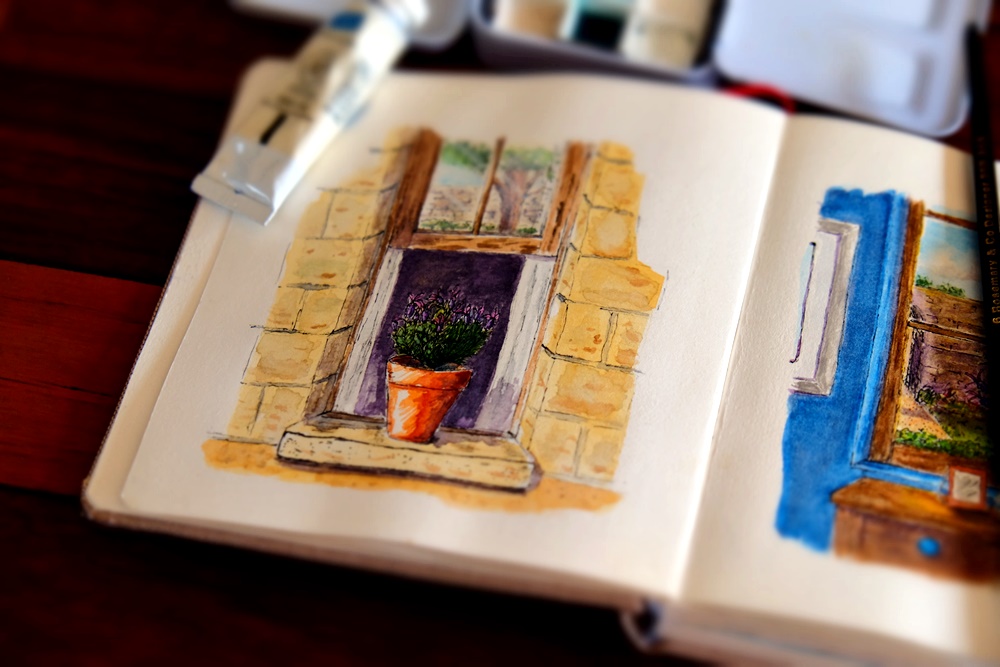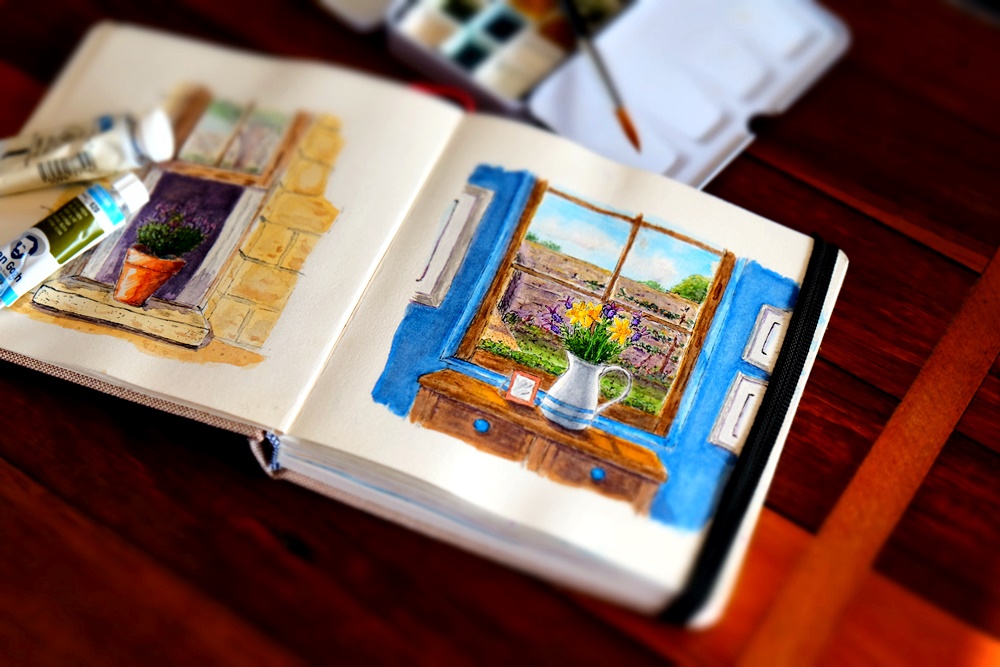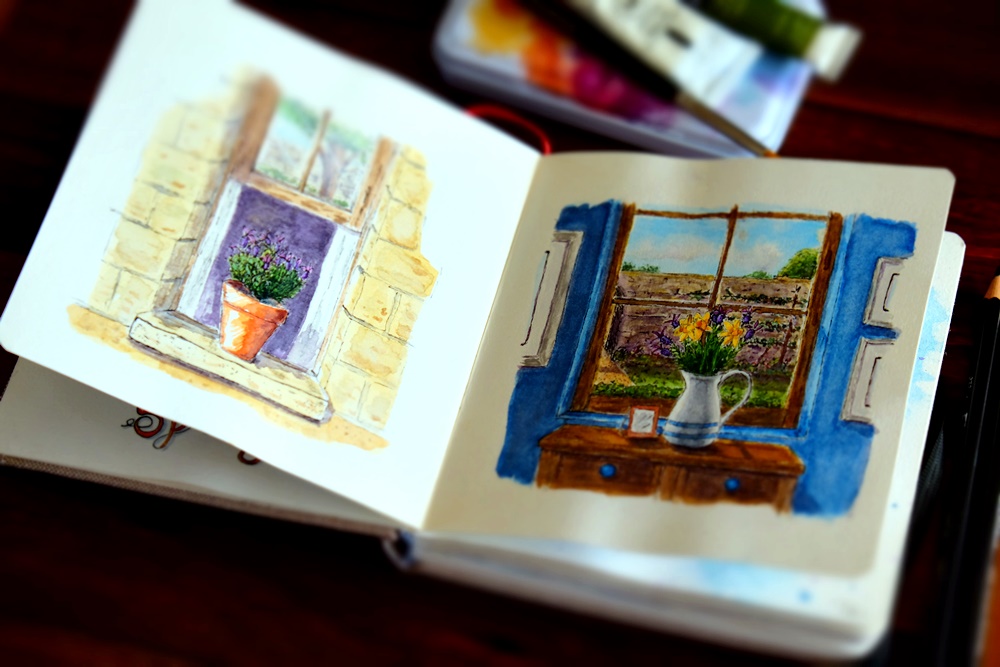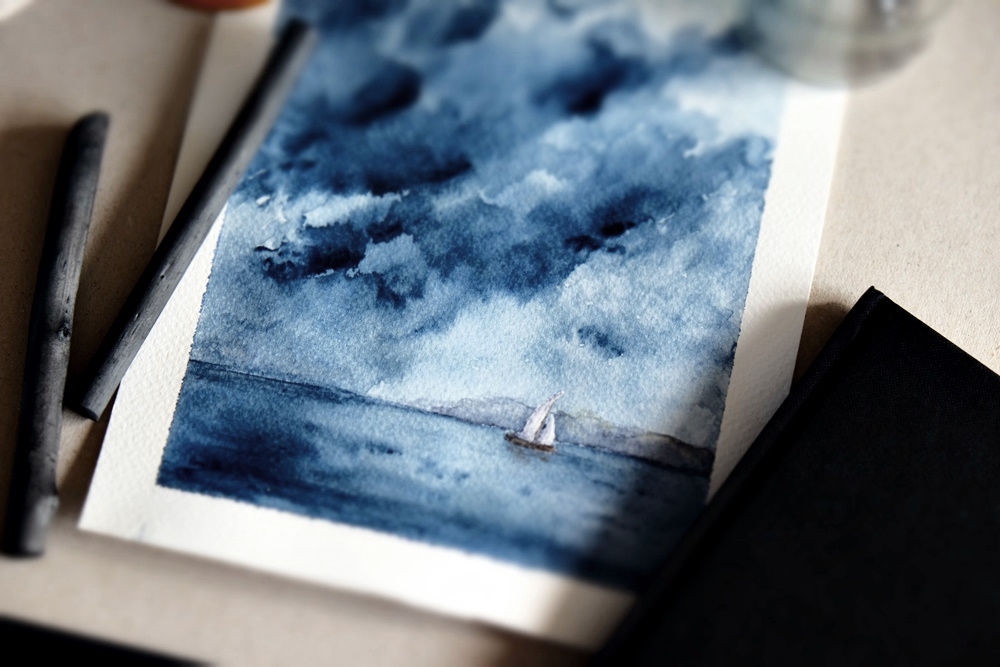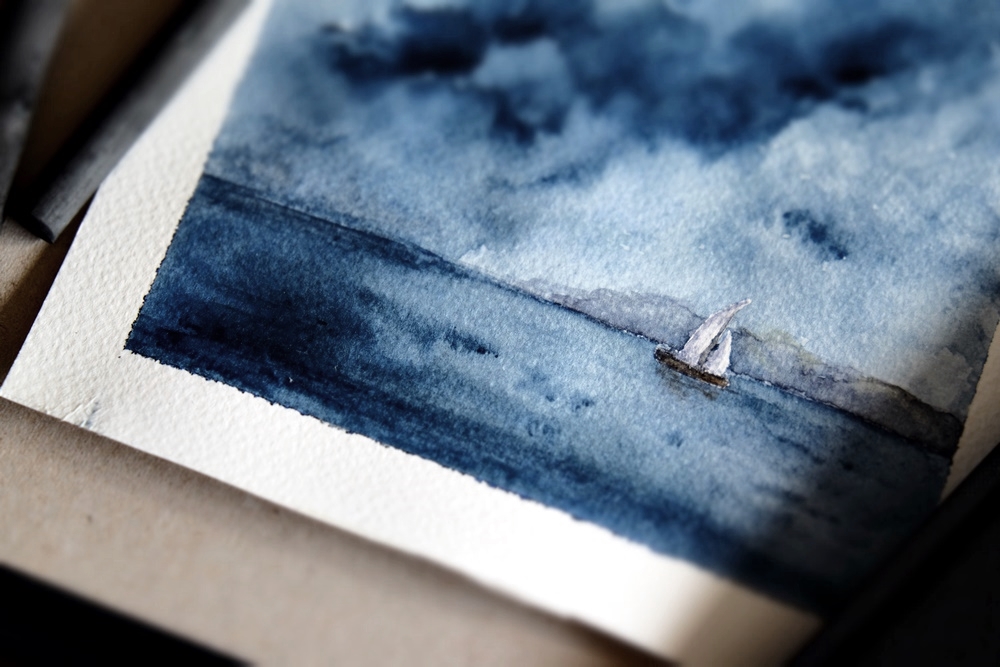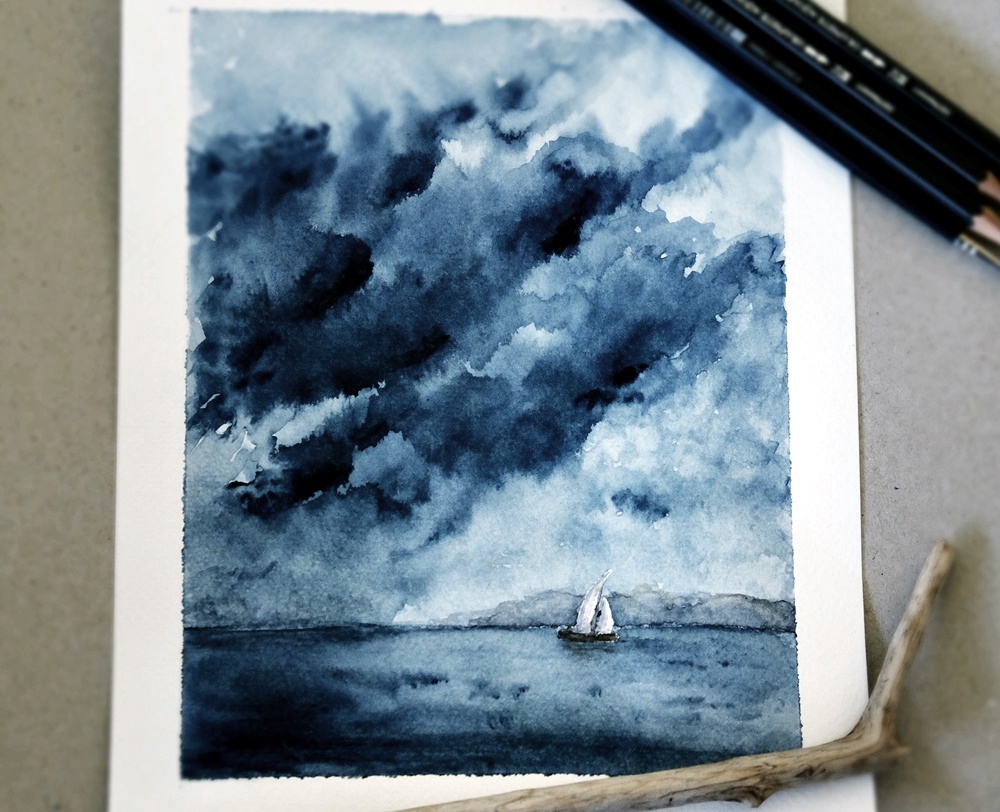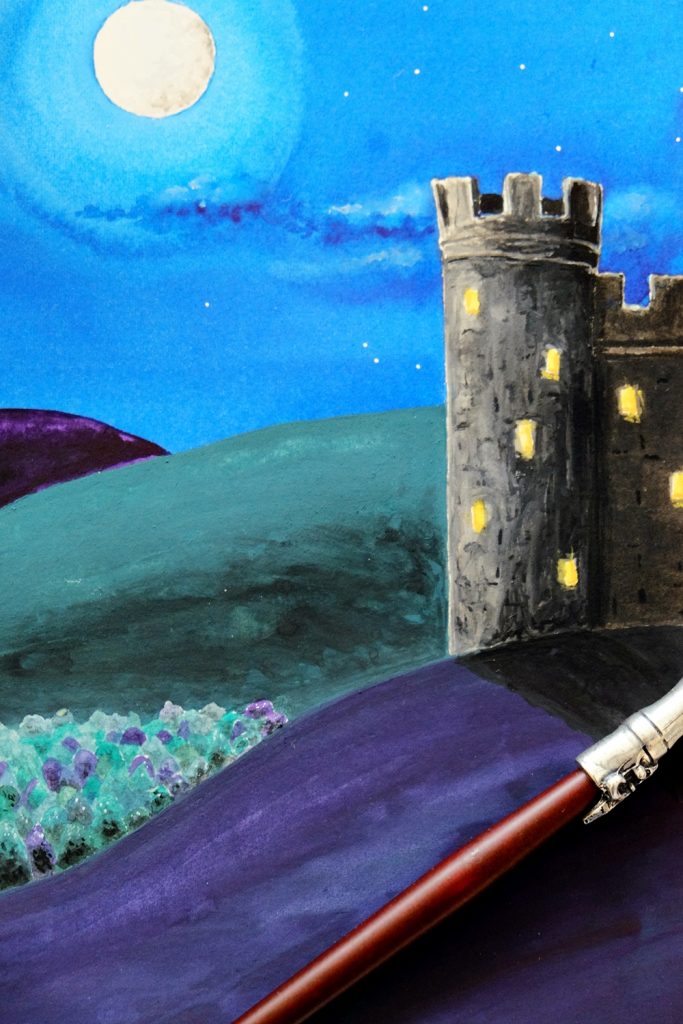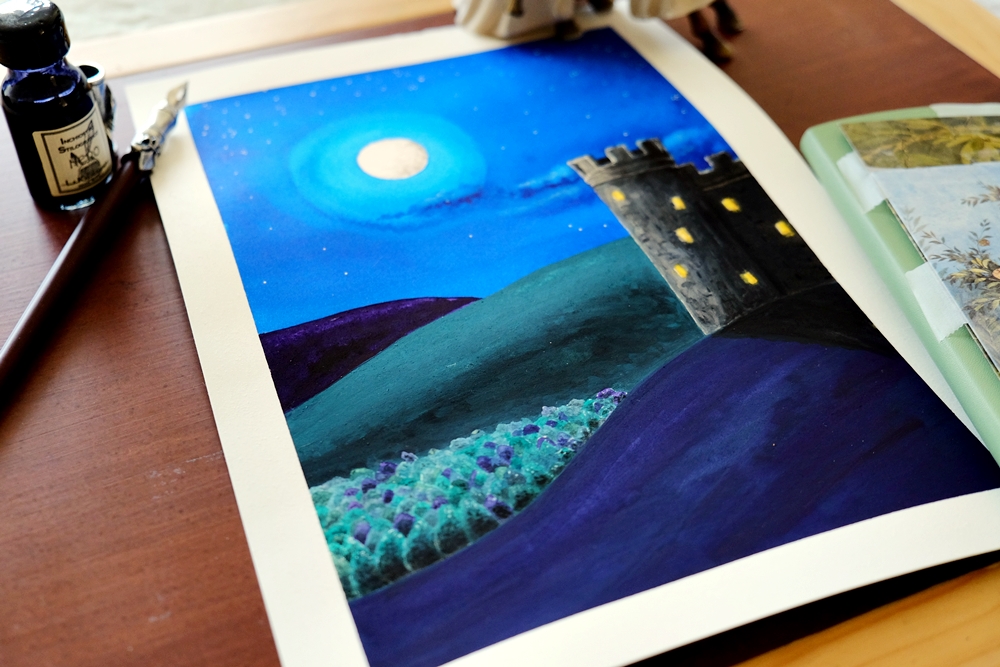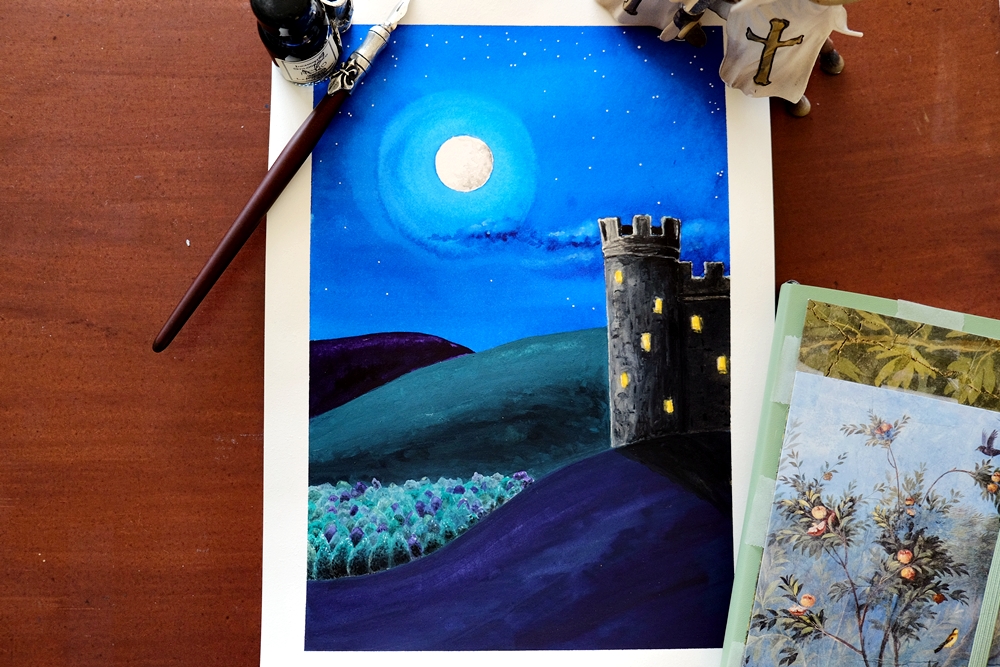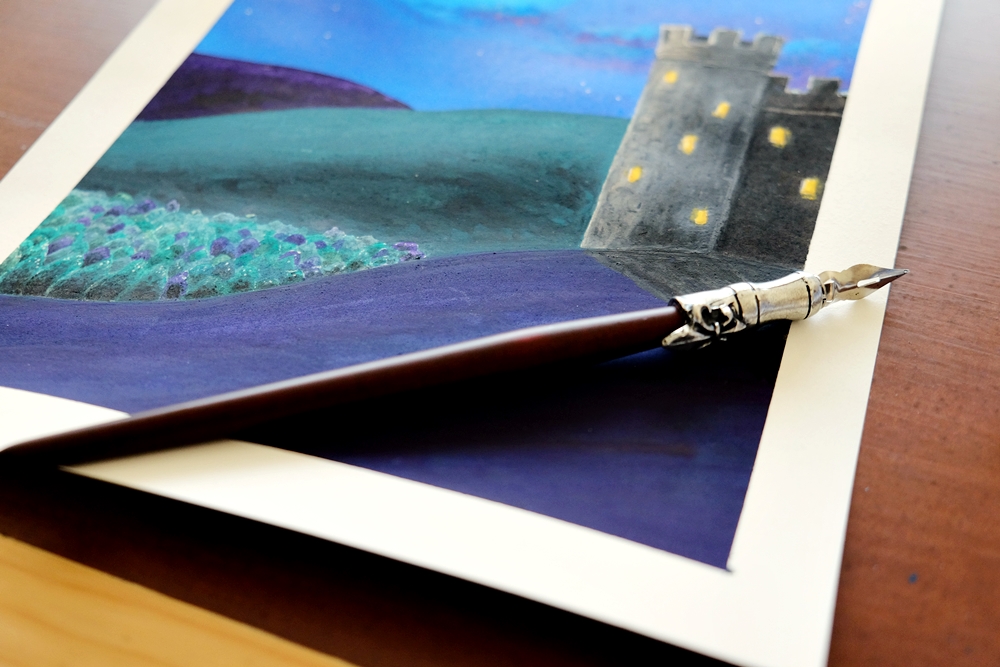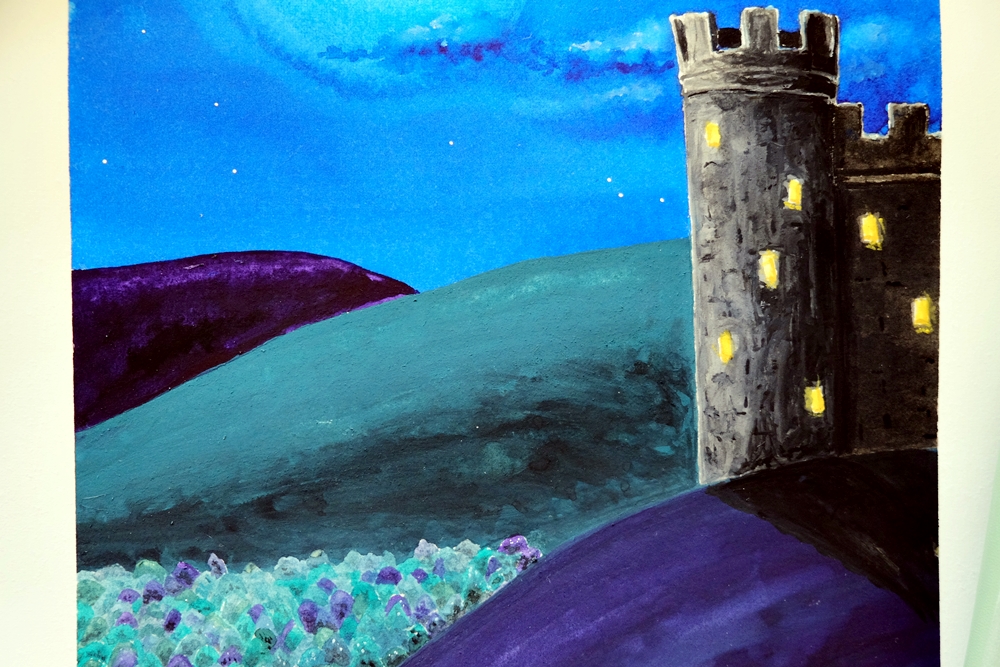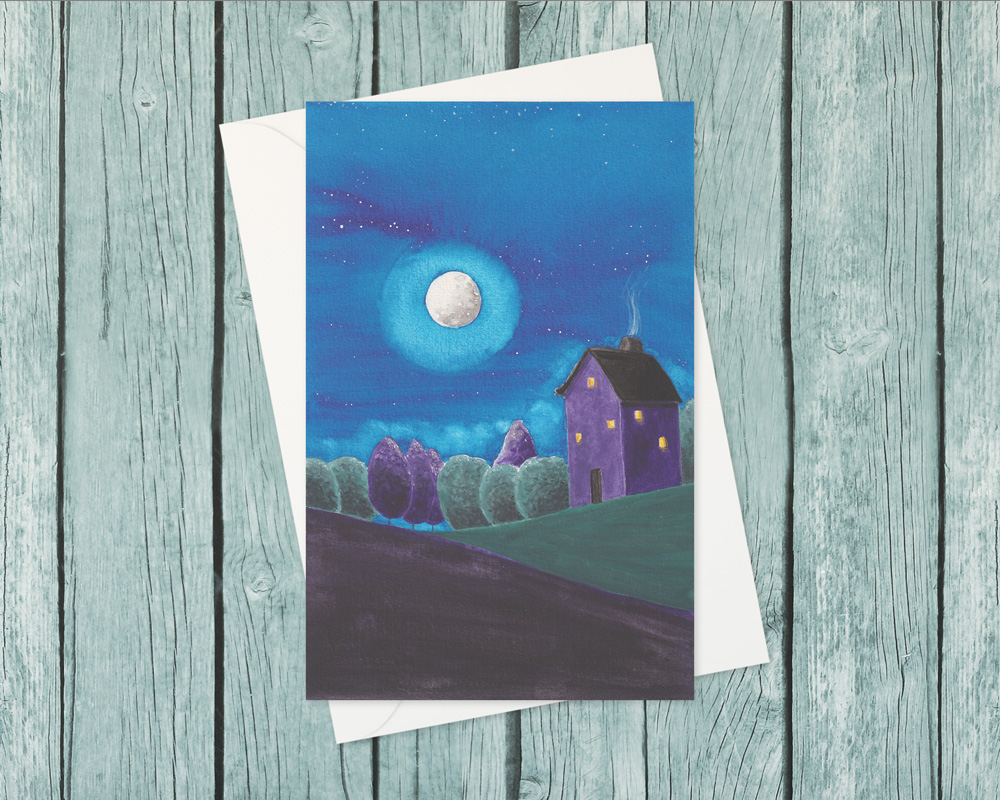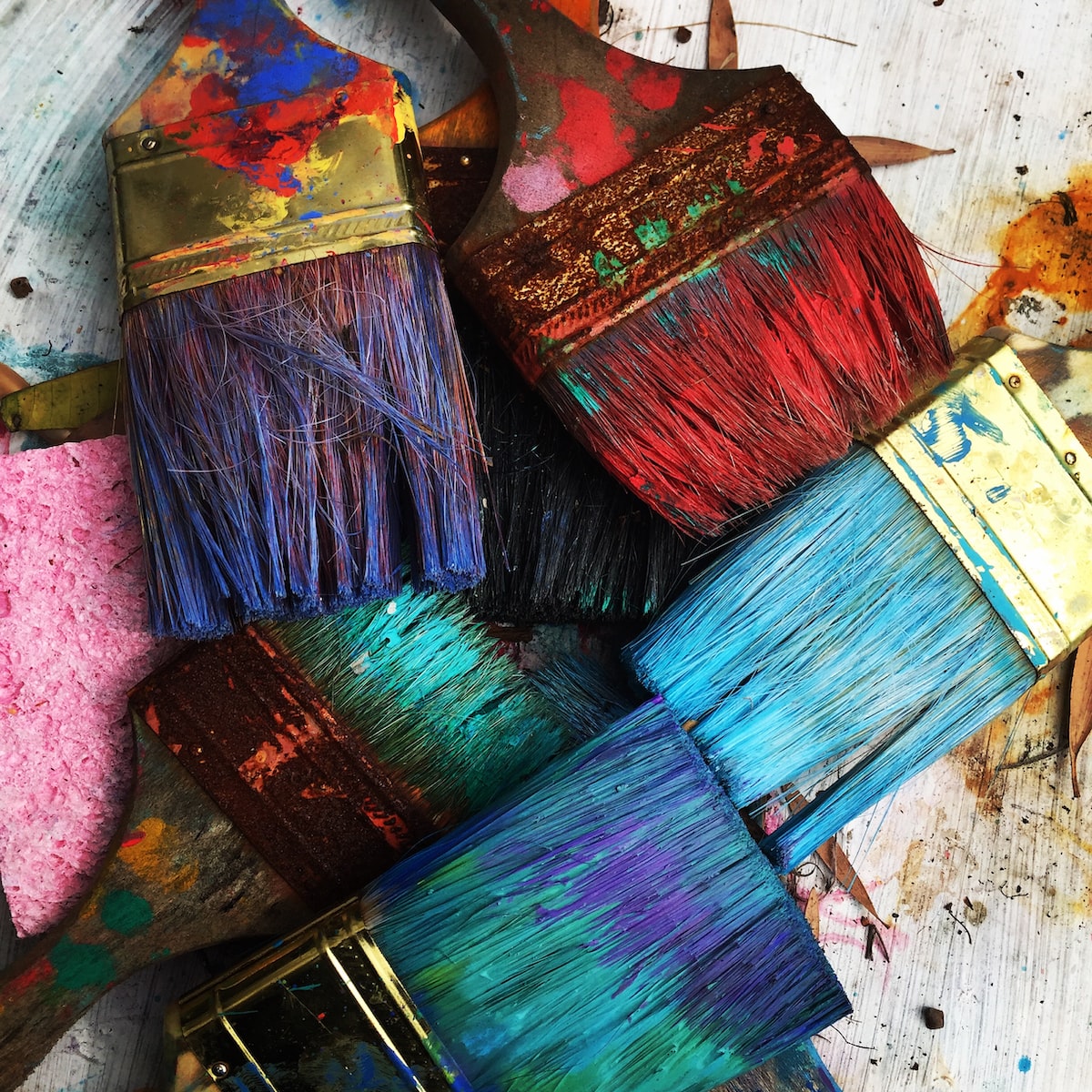How to Find Your Style – Writing or Painting (Part One)
I recently watched a video where an art instructor did an experiment. He asked his followers to do a piece of art, and every piece of art had to be the same image that he chose. He chose two images – a scene and a face. They had to paint what they saw and, most importantly, they had to trace the image first so that the image was exactly as they saw it.
Over two hundred students and even professionals took part, and do you know what he found? Not one image looked like any other, or even like the original, even though they had traced and copied the image.
That’s because no one paints, draws or writes like anyone else. No one. And that means that no one paints, draws or writes like you.
Your style is within you. No one sees the world like you. No one paints the same things you do, even if you all paint the same scene. And no one writes a book like you do.
So does this mean we need not do anything at all and we have our style? No, because sometimes our style is held back by our lack of skill or lack of development.

Think about when you were a kid doing handwriting in primary school. Nobody did handwriting like you, but you hadn’t settled into your true handwriting style yet. That came with age and practice and experience. It came with development and progress. Now, of course, you have a unique style – your own unforgeable handwriting and a signature that is so unique it forms a solid kind of identity on letters, credit cards and the like. It took years of practice to get there but you didn’t practise finding a style, you just practised forming letters, then words, then sentences, then cursive writing, getting smaller and smaller and then jumping from pencil to pen and so on. Yes you were influenced by the style of handwriting your school or teacher or parents chose and tried to teach you, and in the same way, we are influenced in our art and writing by our mentors, but you still developed handwriting that no one else in the world can truly copy. Your unique style came with practice and study. Nobody could teach you your unique style, and you would never have found it by asking or agonising or questioning the heavens about what your true style was. It just happened.
The trick then is to hone your skill and with each bit of practice, your true style emerges. Skills are the true key to unlocking your style whether it’s writing or painting or any other creative career, and those skills come from practice and study.
But what about what we paint and write? How do we choose that? Isn’t that our style too?
When people ask about style or dwell on the idea of style, what people are often actually asking is: How do I find that one repeatable thing that I am known for? They often confuse style with content.
Finding your style might come from practice, but finding your content comes from life experience, and, like style, your life experience is unique to you. Your emotional fingerprint is so vastly different to everyone else’s that if you only paint, draw and write what you love most to create, what you feel most you have to say, what you are driven most to do, you cannot help but paint, draw and write entirely differently to everyone else.
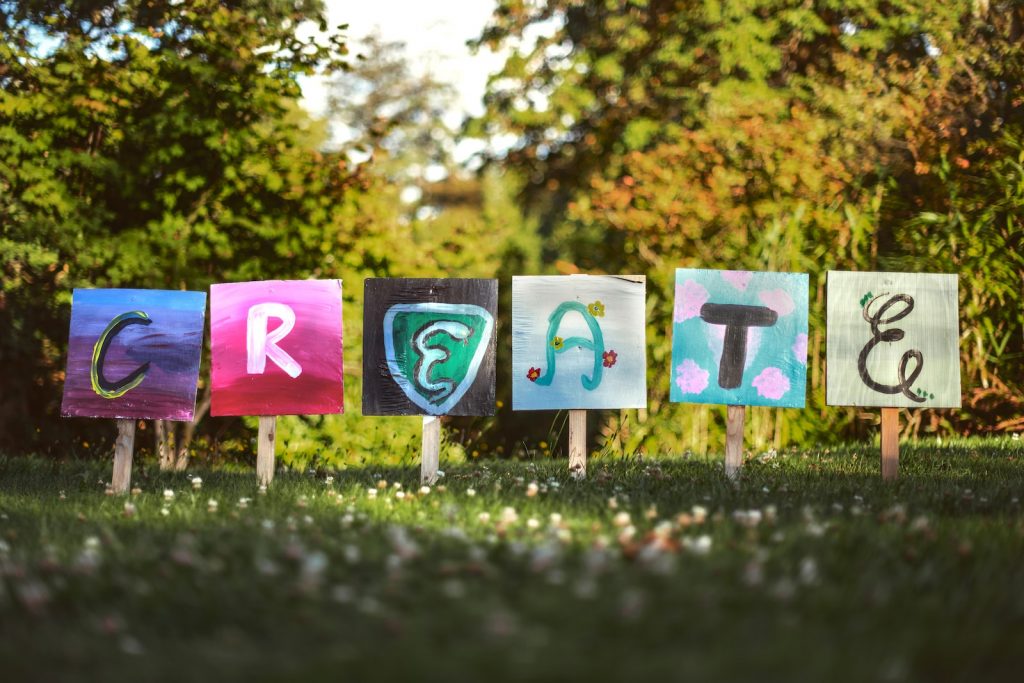
Imagine someone puts you and a sibling in a room or you and a best friend (someone you’ve shared many similar life experiences with) and asked you to write a piece – a story, essay, letter, poem or anything of your choice – about something that matters most to you and why it matters most to you. Even if you both happen to pick the same topic, the reasons it’s important to you, what you choose to mention or leave out, and how you write it, and what form that piece takes are going to be different. Even if it’s only a little bit different, different is different. You’re not going to produce the same paper and write down word-for-word the same thing. And that’s only one topic in one scenario with someone who shares some similar life experiences to you. Now think about the extraordinary, multi-dimensional human being you are, and how no one has walked the exact same path as you day after day and hour after hour, not even a sibling, and those differences become bigger and bigger and bigger. If I said to a room full of people, “Now write anything you like that you really feel like writing, something you are totally inspired to write” the differences will be vast. No one is going to choose the same content as you in the same way, or for the same reasons. In that regard, your content is entirely unique to you like style is.
I know what people want though. They want to find that one thing they are known for. It matters to them to be recognised for something. Is it mystery novels? Is it folk art? Is it brilliant oil portraits? Is it historical fiction? How do we find that thing?
What if that isn’t the right question and asking those things are actually the walls stopping us from progressing? Or what if it leads to answers and a career that came at the wrong kind of cost? We will talk about that in Part Two next week.

